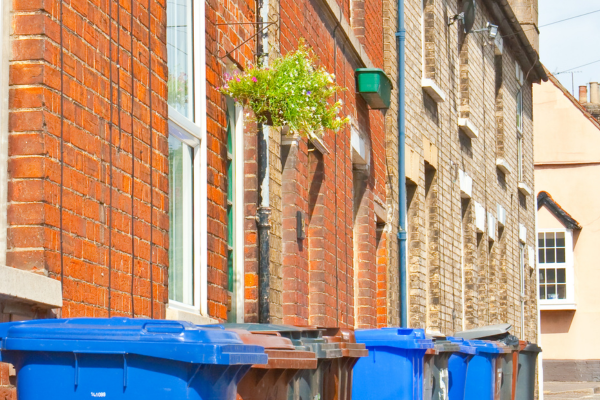
We are proud to be one of the best communities in the country at recycling and with your help, we want to get even better and recycle even more!
By recycling as much as you can, you are helping to protect the environment for future generations. Find out more about why we recycle.
This section details what happens to the waste you recycle and put in your bins.

